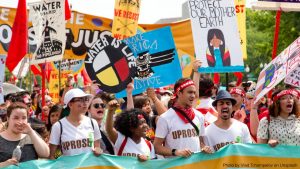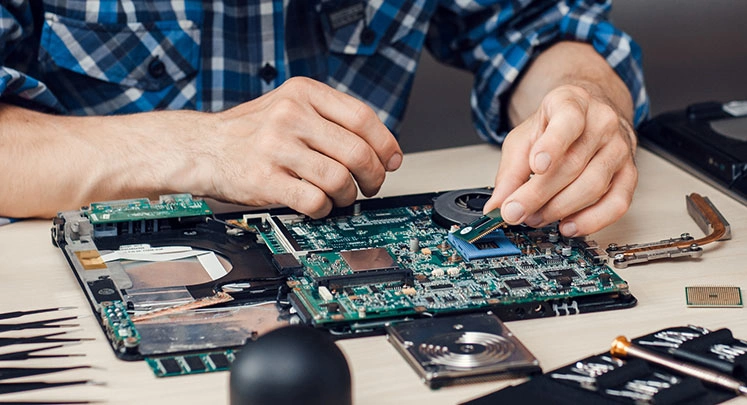Grassroots organizing gives people and communities the power to change government policy and social justice issues meaningfully. It involves connecting with people on the ground, listening to their stories, and helping them build connections to work together towards common goals. Grassroots organizing has become an increasingly important tool for local politics as more people want to make their voices heard in the political process. This article will discuss the importance of grassroots organizing and strategies for organizing in local politics.

The Importance Of Grassroots Organizing In Local Politics
Grassroots organizing has become an increasingly important tool for making change at the local level, as more people want their voices heard in the political process. By engaging citizens at a grassroots level, local politicians can better understand the needs of their constituents and have a greater chance of success in enacting meaningful change. It enables citizens to participate in the political process actively and helps ensure that the decisions reflect their desires.
Furthermore, it empowers communities that would otherwise be unable to have their voices heard. It can also influence the political process subtly, such as by helping shift public opinion and create a more informed electorate. Grassroots organizing can also help build bridges between different demographics and regions to ensure no one is left out of the decision-making process. Furthermore, grassroots organizing helps drive voter turnout, which is essential for any political movement.
Strategies For Organizing In Local Politics
Organizing a successful grassroots movement requires careful planning and implementing specific strategies. Below are some key strategies that can be used to manage local politics:
- Develop A Clear Strategy: The essential step in organizing is to develop a clear strategy that outlines the movement’s goals and how they will be reached. This should include a timeline, specific tasks, and measurable objectives.
- Reach Out To Your Community: Building relationships with the people in your community is essential for any grassroots organizing effort. This includes connecting with individuals, businesses, organizations, and other stakeholders who can help with the goals of your movement.
- Get Involved In Local Politics: Grassroots activists must be involved in local politics. One way to make sure their voices are heard is to go to meetings, speak at hearings, and work with elected officials.
- Use Social Media To Your Advantage: Social media is invaluable for any grassroots organizing effort. It can build awareness, connect with supporters, and communicate with elected officials.
- Take Action: The most important step in any grassroots movement is taking action. This could include hosting rallies, attending protests, or engaging in civil disobedience when necessary.
Conclusion
Grassroots organizing is a powerful tool for enacting meaningful change in local politics. It can bring people from different groups and areas together, make voters more informed, and get more people to the polls. To be successful with grassroots organizing, it is important to develop a clear strategy and use tools such as social media to reach out to the community. By taking action, grassroots activists can ensure their voices are heard and make real changes in local politics.






